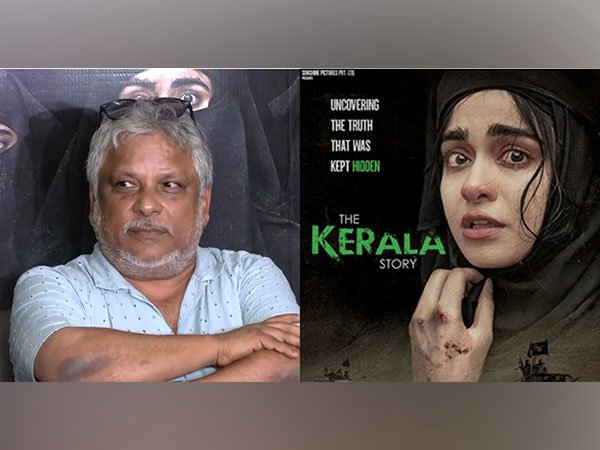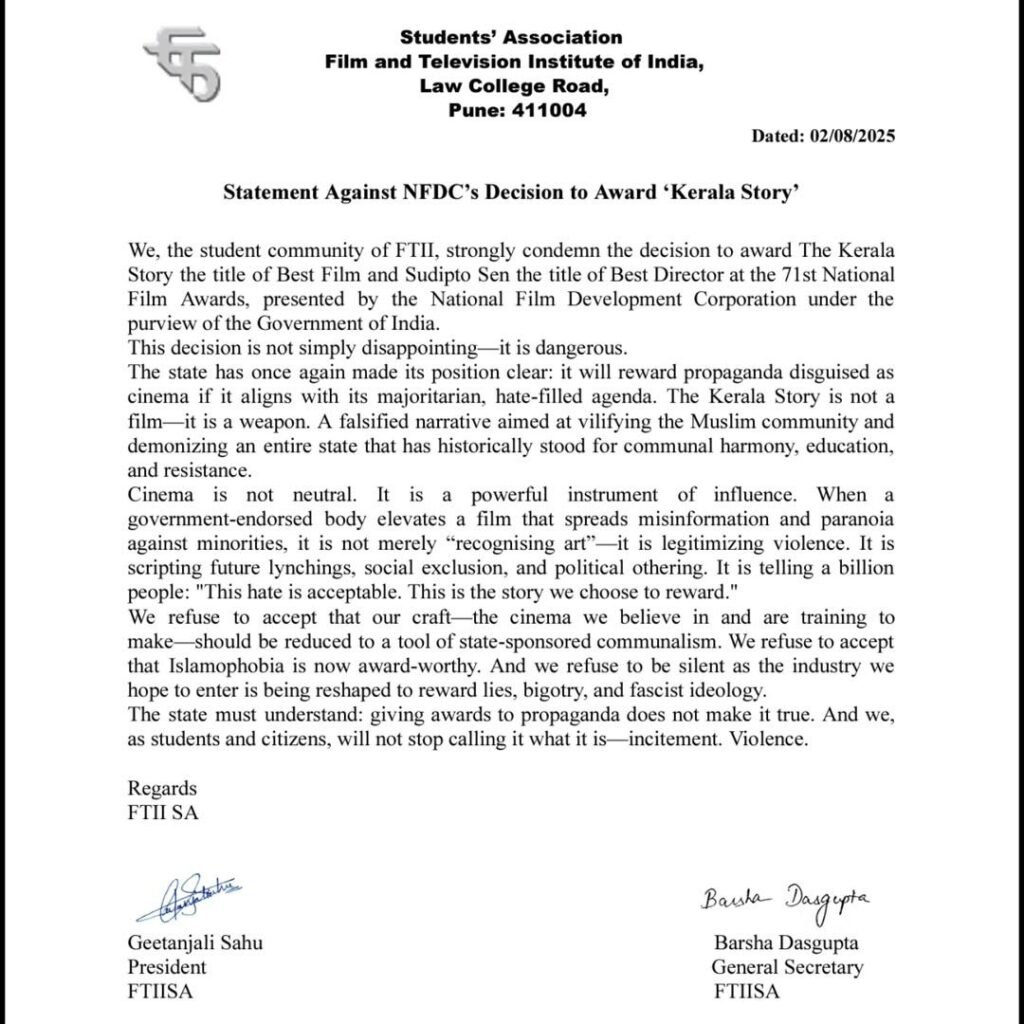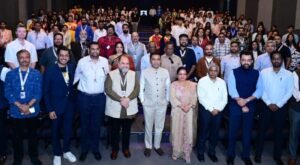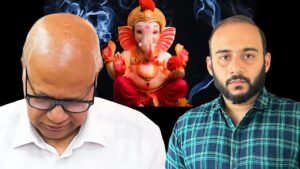FTII Students Condemn NFDC’s Decision to Award The Kerala Story

Pune :
In a strongly-worded statement issued on Friday, the Students’ Association of the Film and Television Institute of India (FTII), Pune, condemned the National Film Development Corporation’s (NFDC) decision to honour The Kerala Story with the National Award for Best Film and its director Sudipto Sen with the Best Director title at the 71st National Film Awards.
Calling the decision “not simply disappointing, it is dangerous,” the statement accuses the NFDC, a government-affiliated body, of promoting a film that allegedly aligns with a “majoritarian, hate-filled agenda.” The students argued that The Kerala Story is not a cinematic work of artistic merit, but “a weapon” used to spread Islamophobia and vilify the Muslim community, as well as the state of Kerala, which they described as historically known for communal harmony and resistance.
“Cinema is not neutral,” the statement asserted. “It is a powerful instrument of influence.” The students criticized the legitimization of films they perceive as promoting misinformation, paranoia, and political othering under the guise of artistic recognition. They warned that such endorsements risk scripting a future of “lynchings, social exclusion, and fascist ideology.”

Signed by FTII Students’ Association President Geetanjali Sahu and General Secretary Barsha Dasgupta, the statement made it clear that the student body would not remain silent in the face of what they described as the state’s attempt to reshape the film industry around “lies, bigotry, and fascist ideology.”
“We refuse to accept that our craft, cinema should be reduced to a tool of state-sponsored communalism,” the statement concluded. “The state must understand: giving awards to propaganda does not make it true. And we, as students and citizens, will not stop calling it what it is, incitement. Violence.”
The statement adds to the growing chorus of criticism and debate surrounding the National Film Awards this year, particularly over the jury’s choices and the perceived politicisation of cinema in India.






